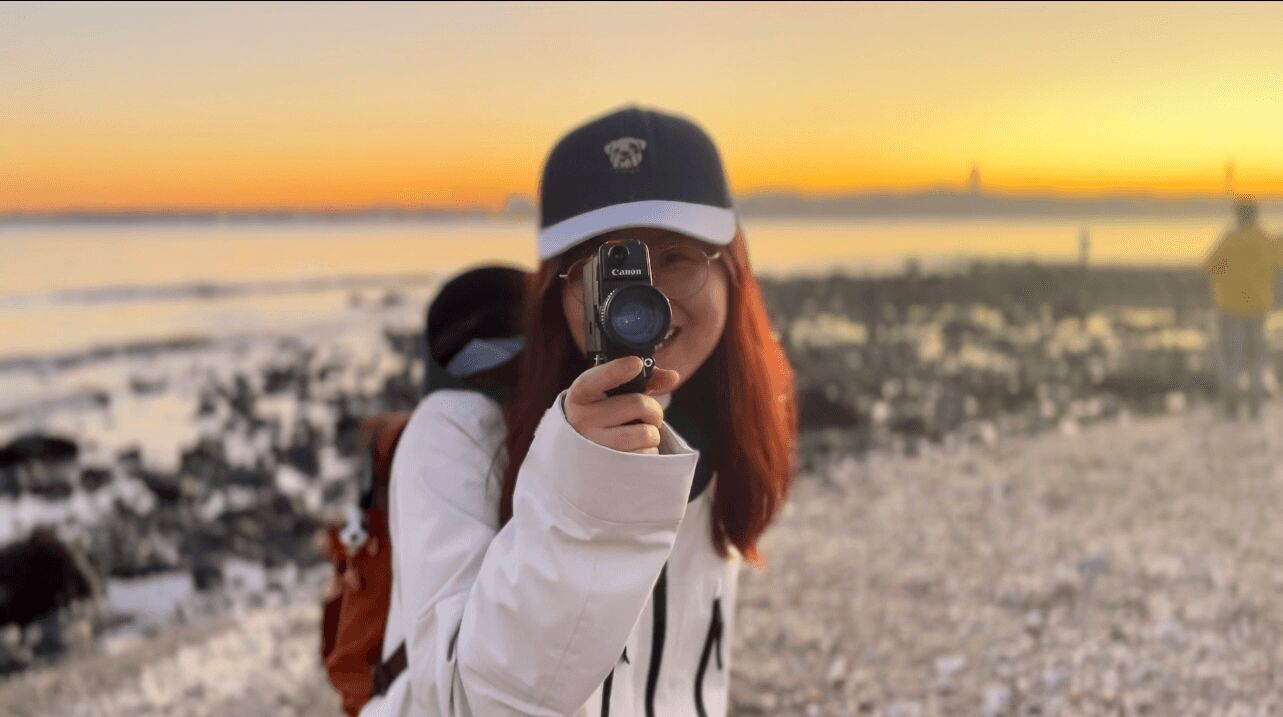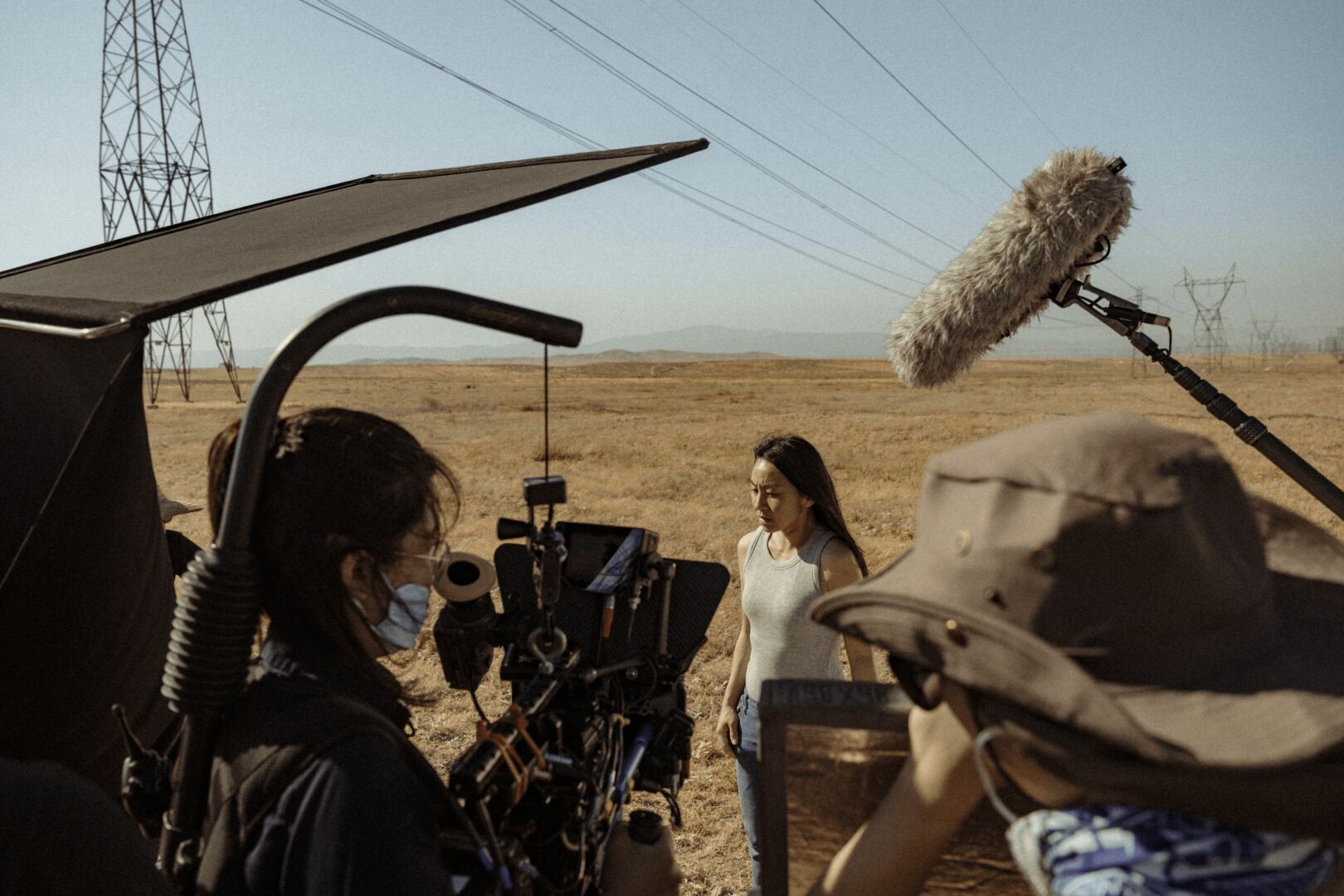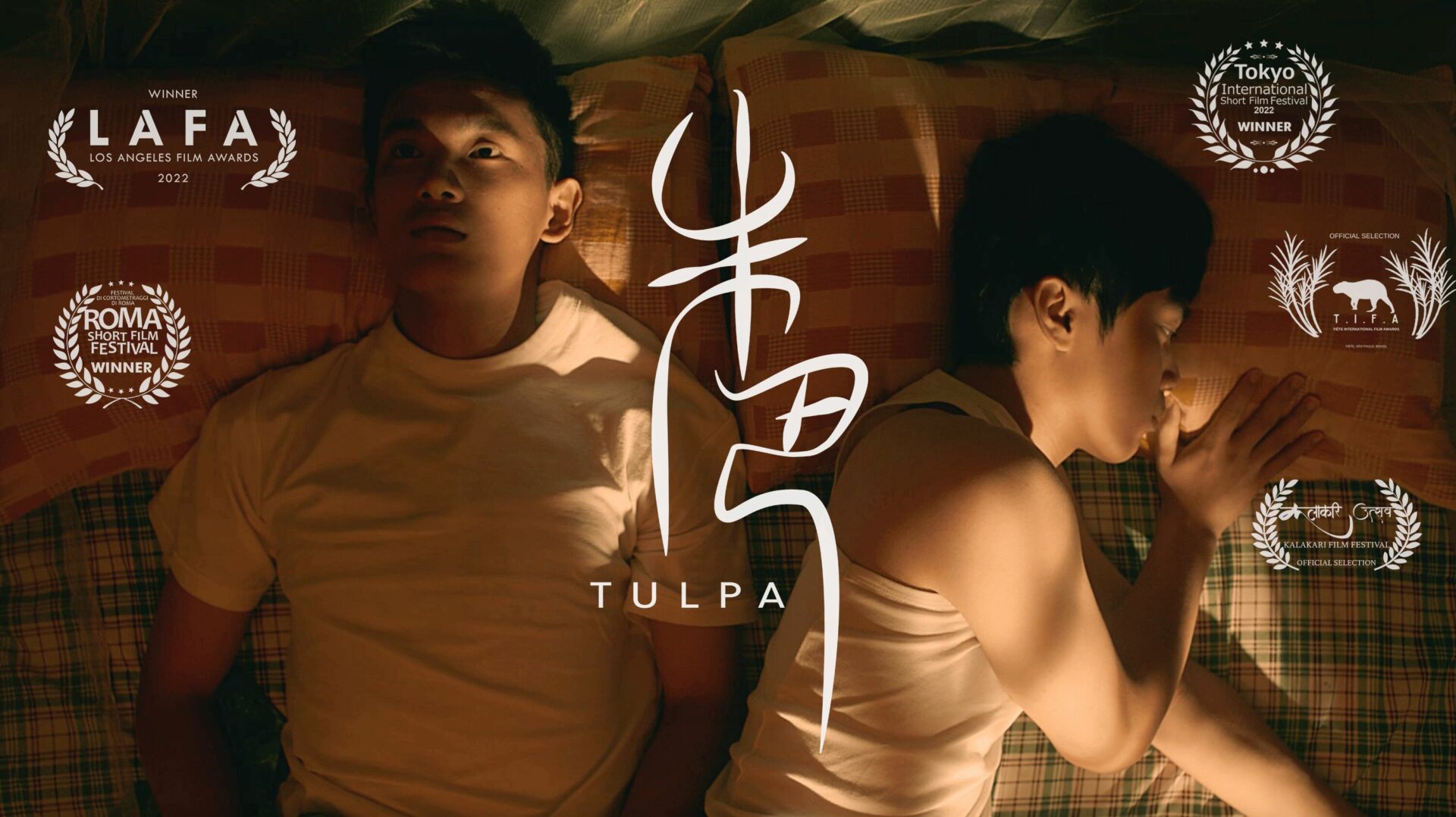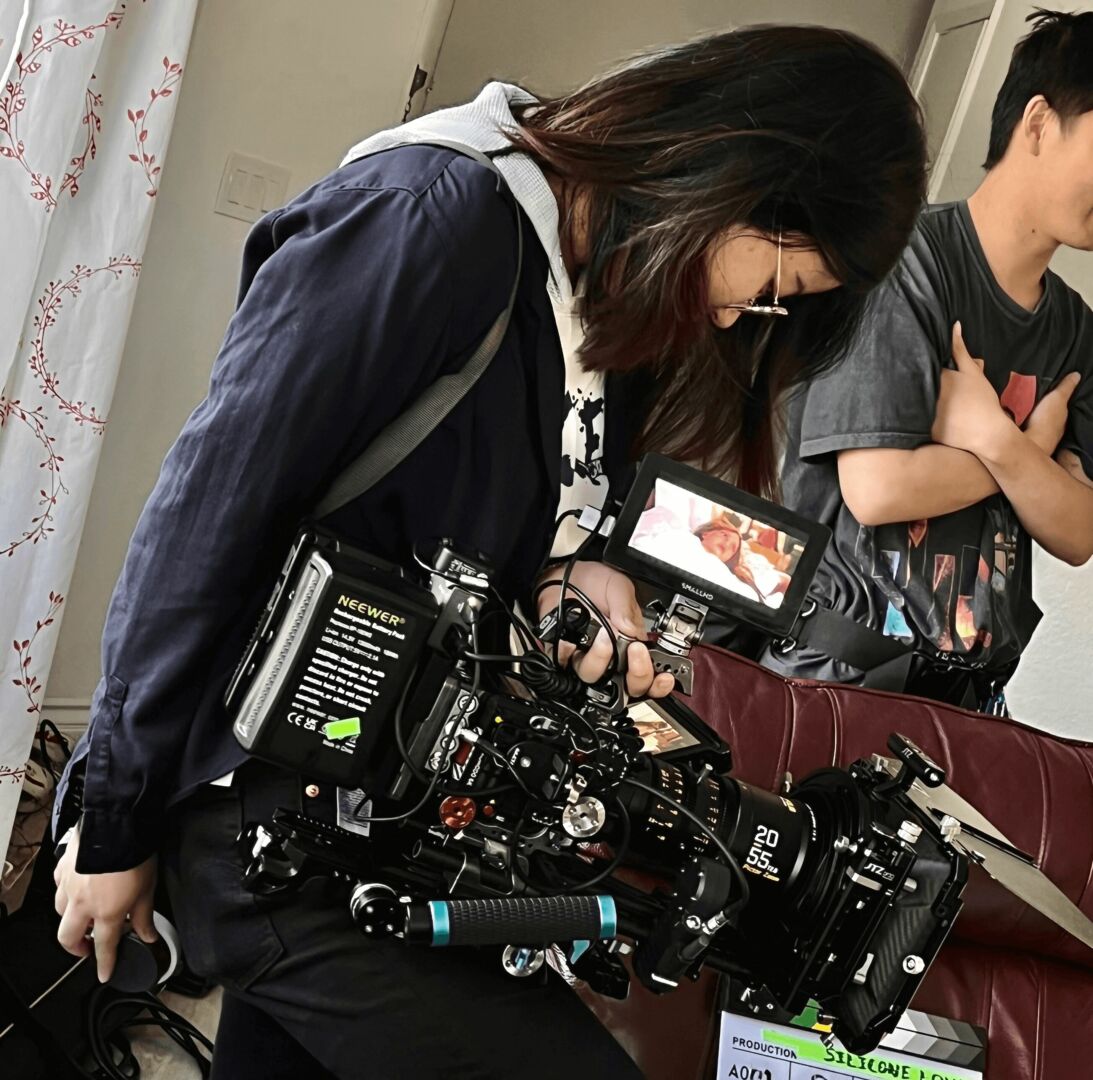Meet Shiyuan Zhang | Screenwriter

We had the good fortune of connecting with Shiyuan Zhang and we’ve shared our conversation below.
Hi Shiyuan, can you share the most important lesson you’ve learned over the course of your career?
I would say it’s if thinking of something, then try it as soon as possible. Once we have an idea, it’s actually hard to let it go in our minds, and we’re bound to spend more time thinking about it afterward, so action is a must! I spent a long time exploring different jobs during my career in film production, and it was a confusing period for me. There were some positions I was good at, and some I screwed up. But I’ll never know if I like it or I’m good at it if I don’t give myself a chance.

Let’s talk shop? Tell us more about your career, what can you share with our community?
I wrote the screenplay and did the concept planning and marketing for the film Tupla I mentioned above. Tulpa received the best script and other awards at several film festivals, including two screenings at the Museum of the Moving Images in New York and one at the Linwood Dunn Theatre in Los Angeles. It’s an unforgettable journey to create this short film. The non-linear narrative style tells the story of a high school student who conjures an imaginary companion that interferes with his sexual awareness by blending his spiritual realm and reality. It explores Buddhism, youth development, and spiritual sustenance themes by merging my cultural background with the contemporary social context. The director is a detailed-matter person. I also researched the accents of the actors’ native dialects and rewrote lines for each character. For this project, I researched various filmmakers who have deeply explored these themes in their works. I gained valuable insights by studying Ryūsuke Hamaguchi’s scripts and reading Apichatpong Weerasethakul’s book on the making of “Memoria” (2021) to understand their development of multinational films and how they incorporate Eastern life philosophy into their cinematic languages. Then, I wrote a novella for my BFA thesis. The two main protagonists are multilingual speakers who undergo self-exile abroad, seeking to retrieve lost memories. The story analyzes an uneasy, ultra-modern social world in crisis, a fragmented and information-overloaded place where intimate relationships have lost their strength and meaning. This was inspired by my experience of frequently moving as a child, living in various language-speaking regions. This project offers me a chance to explore the potential meaning of my identity as a hybrid of both Eastern and Western cultures. I am in the pre-production stage of adapting my thesis into a short film, and I focus more on portraying the characters in a multilingual and geopolitical context to show their struggles in life. Besides, the Literary Magazine of the School of Visual Arts published two of my short stories after I graduated. They all discuss people who are lost in a foreign land and have a sense of rootlessness without belonging anywhere. Not only do these practical attempts shape my writing style, but they also confirm my interest in transnational and cultural identities in moving images. My aim is to continue to create stories with subtle yet powerful emotions that transcend cultural boundaries. Alongside my writing practice, I decided to take on new knowledge and challenges by enhancing my technical skills and familiarizing myself with filmmaking procedures to improve my writing. After graduation, I moved to Los Angeles, where I got a lot of training in cinematography. I worked at a rental house learning about rigging various cameras, and then on the weekends, I would follow my cinematography friends to go to sets and work as a camera assistant or a camera operator. This experience gave me valuable comprehension of the camera’s movement and its feasibility in approaching writing from different perspectives. I’ve also learned that writing a screenplay is not just about plot development and character relationships; it should be a clear instruction manual for filmmaking, a foundation for all the practice. It also made me love the city of L.A.

If you had a friend visiting you, what are some of the local spots you’d want to take them around to?
I guess I will drive my friends anywhere high enough to see the city of L.A. I would say every spot that gives me a view of L.A. from a hill is actually my favorite spot; it doesn’t have to be an observation deck; sometimes, we can encounter a different view of L.A. from a corner we happen to come across while driving. When thinking about something, I would always drive to the hill and imagine myself in a higher place, observing myself in the city. I thought about many things in these spots that I’ve long forgotten, but I’ll always remember the views I’ve seen.

Who else deserves some credit and recognition?
I would like to thank my literature professor at my college, the School of Visual Arts, Kyoko Miyabe, for being a mentor in my exploration of stories. I was a student with a screenwriting concentration at the time, and she was the one who presented me with an entire world of storytelling so that I could have the opportunity to explore and think about what words and literary forms moved and resonated with me. I’d also like to thank Chun-Chieh Wang, the director who offered me a chance to start my career by writing his short film, TULPA, at the age of 21, for giving me a great deal of freedom to explore my favorite writing styles and discussing the creative concepts I’ve always wanted to talk about. I genuinely feel now that creative freedom is incredibly precious.
Instagram: https://www.instagram.com/shiyuan_89/
Linkedin: https://www.linkedin.com/in/shiyuan-zhang-82454a1a8/

Image Credits
Vinh Pham
Chun-Chieh Wang
Molin Liu
